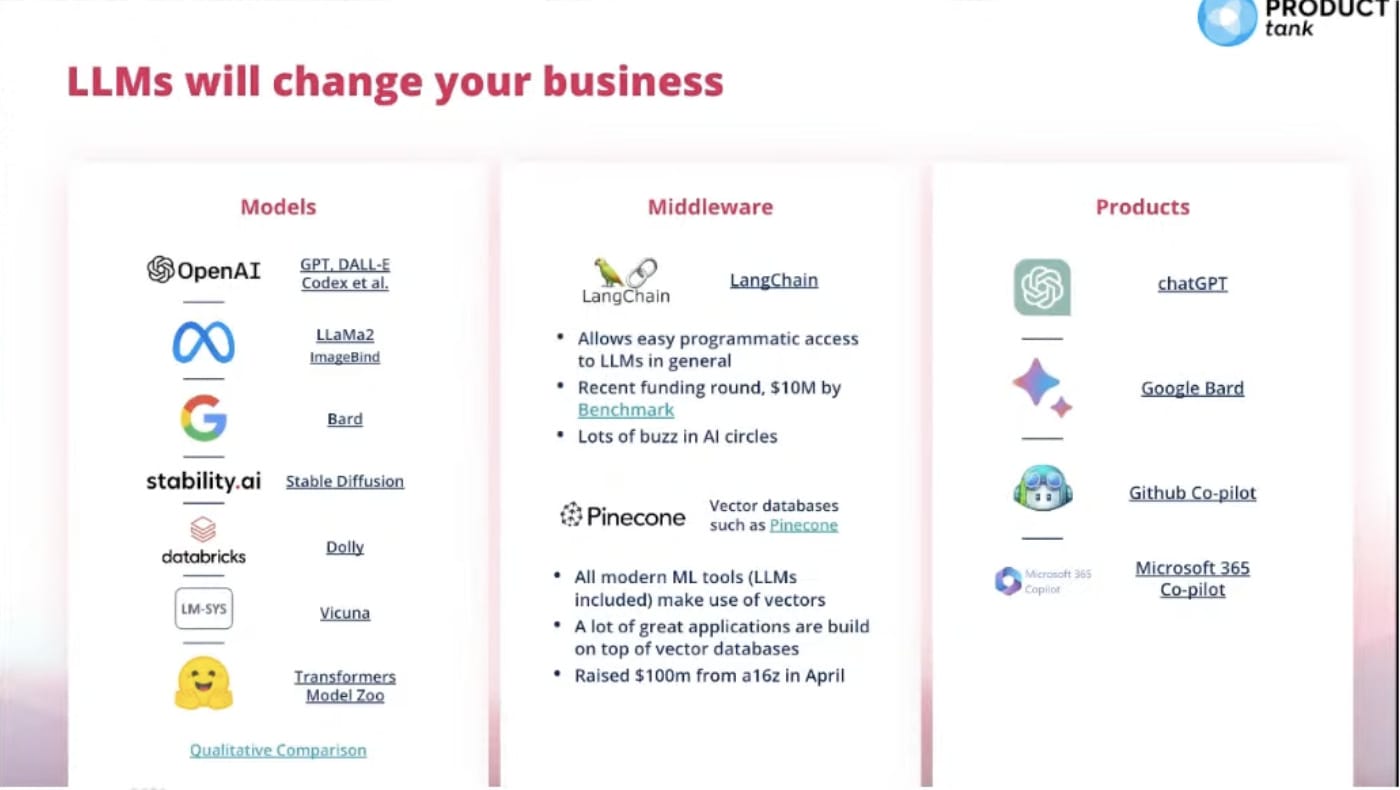Lean UX and Lean product design came about about because it is really hard to work out what customers actually want. This is especially true for digital products, as the field is still really just getting started. At it’s core, Lean is about finding better ways to build products with a higher rate of success. At face value, you might think that lean is about reducing waste, but lean practices are really about embracing experimentation, and working out what your customers want with the smallest possible expenditure of energy. It’s about limiting your risk, learning quickly and safely, and getting solid feedback.
Spencer Turner is a Principle at Cultivate – an organisation which, via various episodes of growth and acquisition, ended up working with Jeff Gothelf & Josh Seiden – the co-authors of “Lean UX”. As a result, lean practices are very much embedded in the way that Cultivate works, and Spencer took to the stage in London to talk through how they’ve applied those principles to product management.
As useful as these principles are, there are (of course) no silver bullets and no One True Path. There are techniques which you may find more or less useful in your situation, and Spencer runs through the main ones that he’s found valuable:
- Inception
- Design Thinking
- Lightweight Personas
- Rapid Prototyping
- Customer Conversations
- Collaboration
- Validated Learning
While remaining admirably jargon-free, he explains how they work and what makes then so effective in his product development process. Central to Spencer’s presentation is the fact that it is impossible to accurately plan and project into the future, and that everyone naturally assumes their idea is going to be amazing. To counteract this, at the core of Lean is the idea that talking to real (and potential) customers is one of the best ways to reveal your own assumptions and the errors in your understanding of the problem you think you’re trying to solve.
So, if you can embrace change and be comfortable with changing direction, you can build products that customers actually want at less expense than you might think! Watch Spencer’s explanation of how to apply lean principles to product management to get started.







Comments 1